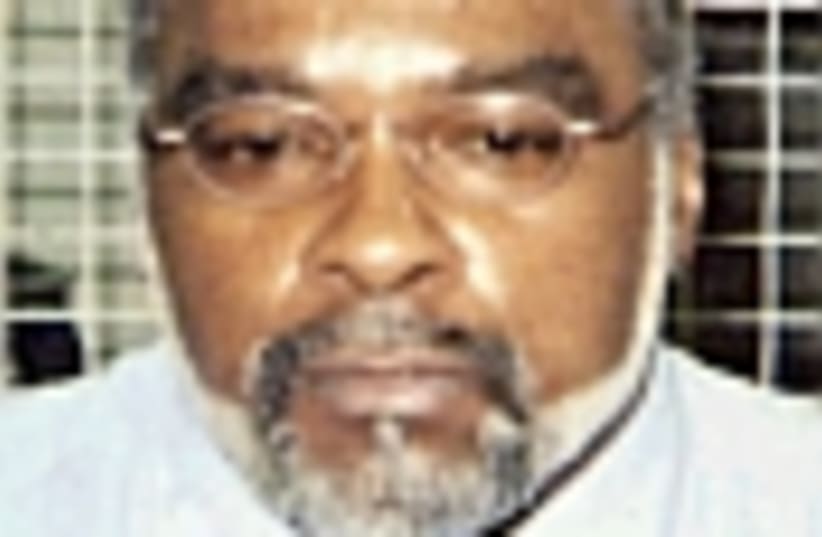| More about: | California, Arnold Schwarzenegger, Socialist Party (France), Austria |
Gang founder Stanley Williams executed in California
Case stirred national debate about capital punishment versus the possibility of redemption.


| More about: | California, Arnold Schwarzenegger, Socialist Party (France), Austria |